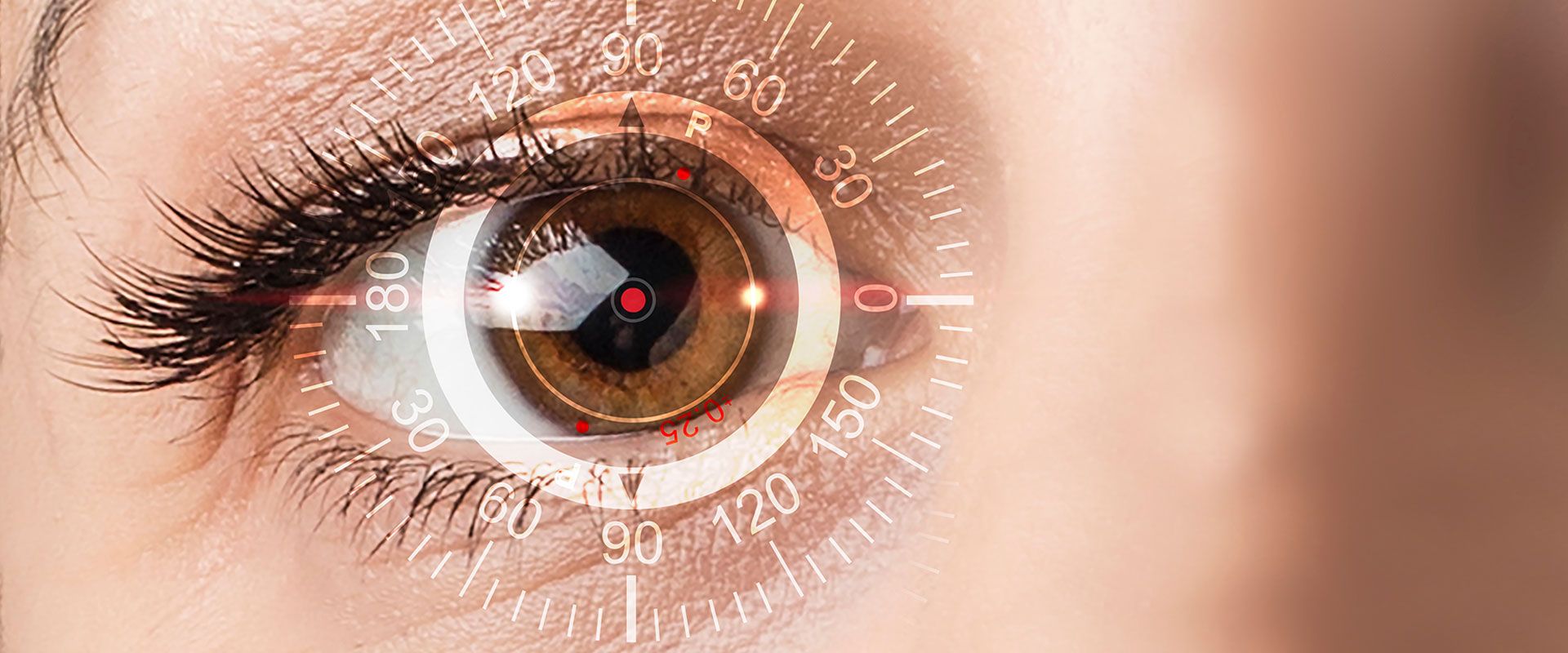What can cataract surgery achieve?
Cataract is a curable condition - surgery to remove the cataract, combined with a replacement artificial intraocular lens (IOL) implant, can fully restore vision by removing the cloudy lens.
Most surgeons use a monofocal IOL for all patients which allow patients to see better but bifocal or varifocal glasses will be required after surgery for good vision at all distances.
Premier Cataract Surgery™ is designed to achieve vision at all distances by using advanced IOLs to correct myopia, hyperopia, astigmatism and presbyopia. For many people this will allow them to drive, socialise and read without the need for glasses or contact lenses.
Most surgeons use a monofocal IOL for all patients which allow patients to see better but bifocal or varifocal glasses will be required after surgery for good vision at all distances.
Premier Cataract Surgery™ is designed to achieve vision at all distances by using advanced IOLs to correct myopia, hyperopia, astigmatism and presbyopia. For many people this will allow them to drive, socialise and read without the need for glasses or contact lenses.
What tests are required before private cataract surgery?
Prior to surgery, Mr Patel will determine the IOL most suitable for you after conducting comprehensive tests and discussing your specific visual requirements.
Most patients have their cataract surgery performed under local anaesthetic although some patients may require a general anaesthetic - Mr Patel will discuss the options with you at the preoperative consultation.
Most patients have their cataract surgery performed under local anaesthetic although some patients may require a general anaesthetic - Mr Patel will discuss the options with you at the preoperative consultation.
What happens on the day of private cataract surgery?
On arrival, the nurses will check your records and consent form and will give you eye drops to dilate your pupil.
Mr Patel will independently check your records and lens power and go through any queries you may have at this stage. Anaesthetic and antiseptic drops will be instilled just before you are taken to the operating room.
Mr Patel will independently check your records and lens power and go through any queries you may have at this stage. Anaesthetic and antiseptic drops will be instilled just before you are taken to the operating room.
What does the cataract surgery involve?
The skin around your eye will be cleaned with disinfectant and covered with a sterile drape. Ultrasound technology or a Femtosecond laser is used to remove the cataract through a ‘key hole’ incision which is safer, doesn’t require sutures and allows faster visual recovery.
An opening is made in the lens capsule (outer covering of the lens) and a fine probe is used to remove fragmented pieces of the cataract. The customised IOL for your eye is then placed within the empty lens capsule. Antibiotics are administered at the end of the operation in order to reduce the risk of infection. Vision starts to improve within a few hours after cataract surgery although complete recovery may take a few weeks.
An opening is made in the lens capsule (outer covering of the lens) and a fine probe is used to remove fragmented pieces of the cataract. The customised IOL for your eye is then placed within the empty lens capsule. Antibiotics are administered at the end of the operation in order to reduce the risk of infection. Vision starts to improve within a few hours after cataract surgery although complete recovery may take a few weeks.
What happens after private cataract surgery?
You will be given drops to put in your eye regularly for a few weeks after cataract surgery to reduce the risk of infection and control inflammation. You will have precise instructions and shown how to instil the drops and the precautions to take. Arrangements to review you after surgery will be made.
A small proportion of patients may require fine tuning with laser after cataract surgery in order to refine their vision. It is therefore important that your surgeon has expertise in providing this type of treatment.
A small proportion of patients may require fine tuning with laser after cataract surgery in order to refine their vision. It is therefore important that your surgeon has expertise in providing this type of treatment.
Copyright © 2019. Amit Patel




